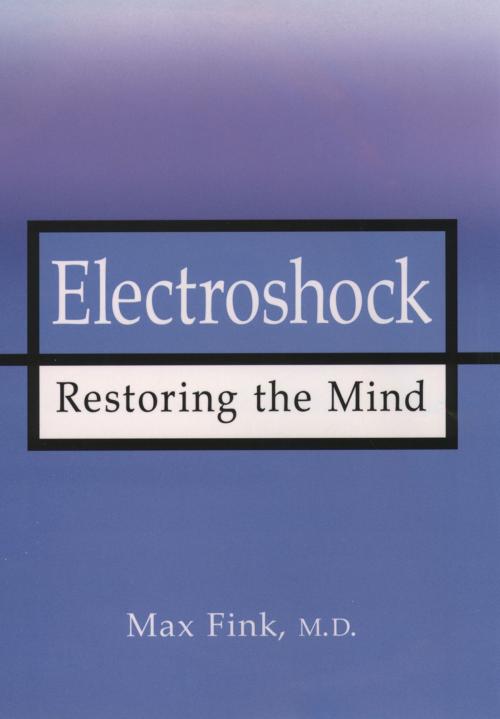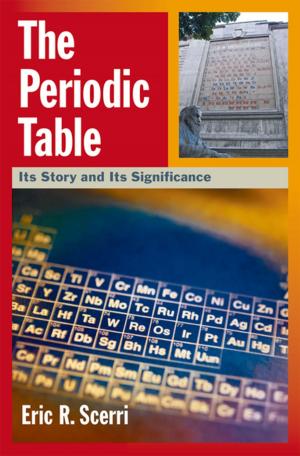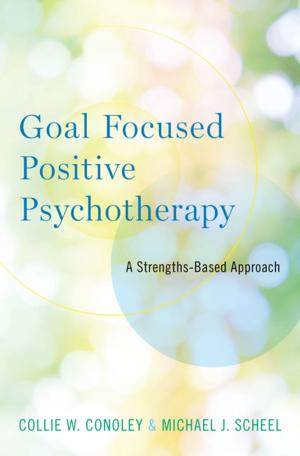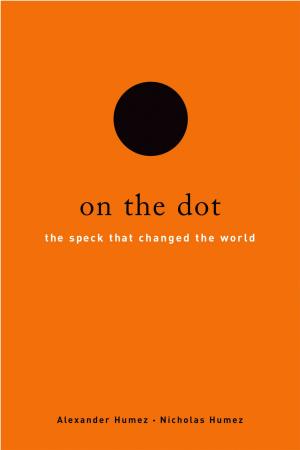Electroshock
Healing Mental Illness
Nonfiction, Health & Well Being, Psychology, Pathological Psychology, Medical, Specialties, Psychiatry, Health| Author: | Max Fink | ISBN: | 9780190289119 |
| Publisher: | Oxford University Press | Publication: | December 19, 2002 |
| Imprint: | Oxford University Press | Language: | English |
| Author: | Max Fink |
| ISBN: | 9780190289119 |
| Publisher: | Oxford University Press |
| Publication: | December 19, 2002 |
| Imprint: | Oxford University Press |
| Language: | English |
Electroshock therapy has long suffered from a controversial and bizarre public image, effectively removing it as a treatment option for many patients. In Electroshock, Max Fink, M.D., draws on 45 years of clinical and research experience to argue that ECT is now a safe, painless, and sometimes life-saving treatment for emotional and mental disorders. Dr. Fink traces the development of ECT from its discovery in 1934 followed by widespread use for two decades, to the 1950s when it was largely replaced by the introduction of psychotropic drugs, to its revival in the past twenty years as a viable treatment. He provides actual case studies of patients who have been treated with ECT and illustrates that many disorders--such as depression, mania, catatonia, and schizophrenia--respond well to it. As he explains the whole procedure from preparation to recovery, we see what the patient experiences. Fink also shows how anesthesia and muscle relaxation have refined ECT, minimizing discomfort and reducing risks to a level far lower than those experienced by patients using psychotropic drugs routinely prescribed for the same problems. Clarifying the many misconceptions surrounding ECT, Electroshock is an excellent sourcebook for patients, their families, and mental health professionals.
Electroshock therapy has long suffered from a controversial and bizarre public image, effectively removing it as a treatment option for many patients. In Electroshock, Max Fink, M.D., draws on 45 years of clinical and research experience to argue that ECT is now a safe, painless, and sometimes life-saving treatment for emotional and mental disorders. Dr. Fink traces the development of ECT from its discovery in 1934 followed by widespread use for two decades, to the 1950s when it was largely replaced by the introduction of psychotropic drugs, to its revival in the past twenty years as a viable treatment. He provides actual case studies of patients who have been treated with ECT and illustrates that many disorders--such as depression, mania, catatonia, and schizophrenia--respond well to it. As he explains the whole procedure from preparation to recovery, we see what the patient experiences. Fink also shows how anesthesia and muscle relaxation have refined ECT, minimizing discomfort and reducing risks to a level far lower than those experienced by patients using psychotropic drugs routinely prescribed for the same problems. Clarifying the many misconceptions surrounding ECT, Electroshock is an excellent sourcebook for patients, their families, and mental health professionals.















